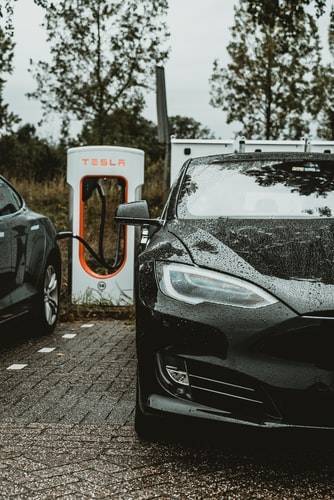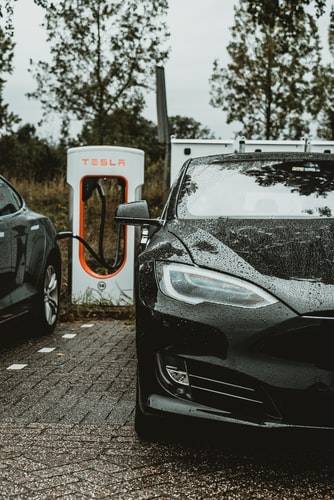Leaders of the G7 are discussing ambitious plans to shift from reliance on gasoline-powered vehicles to eco-friendly cars by the end of the decade, as part of the group's measures to combat climate change. One of the proposals in a document reviewed by Bloomberg seeks for G7 governments to "strive" to ensure that the majority of new passenger cars do not rely on gasoline or diesel "by 2030 or earlier," although the countries differ on what measures can be implemented.
All leaders of the seven countries meeting in Cornwall, southwest England, are also expected to pledge more funding to help developing countries reduce carbon emissions, though the details regarding the amount of that funding remain unclear. There is yet to be an agreement on the commitments that G7 officials will formulate in the summit's outcomes this weekend, but the agreement to target the phase-out of gasoline dependence could represent a turning point in efforts to reduce global oil consumption and lower greenhouse gas emissions.
The plans are still in draft form, and it is yet to be confirmed whether leaders, including U.S. President Joe Biden, approve the proposed wording regarding the move away from polluting vehicles. An American official declined to affirm White House support for the wording that is still under discussion or whether a target will be set for over half of the cars sold in 2030 to be zero-emission. The official stated that Biden sees the need for strong investment in electric vehicle markets and supply chains as a means to tackle climate change and create jobs, but the U.S. plan domestically does not go so far as to call for a ban on combustion-engine vehicles.
**Manufacturers' Targets**
Major American automotive companies have recently set goals for producing more environmentally friendly vehicles. General Motors announced in January its aim to eliminate emissions from new light-duty vehicles by 2035, while Ford Motor pledged last month that 4 out of every 10 vehicles it sells will be battery-powered by 2030. Bloomberg NEF anticipates that new electric vehicle sales will comprise 34% of total vehicle sales worldwide by 2030 and 68% by 2040, assuming no additional political incentives from governments are provided.
**Job Risks**
Japan announced its green strategy in December, aiming for all new cars to be hybrid or electric by mid-2030. However, Akio Toyoda, president of Toyota Motor, warned days before the announcement that banning the production of combustion-engine cars overlooks risks to employment. In Britain, Prime Minister Boris Johnson, who is hosting the G7 leaders' meeting, plans to ban the sale of new cars that run entirely on gasoline or diesel starting in 2030, despite the lack of support for such a dramatic step from other countries. This occurs while fully electric vehicles currently account for a small fraction of new car sales in Britain, amidst rising costs causing consumer hesitation.
Leaders are committing to work on carbon emissions in the transportation sectors of their countries throughout the 2020s by accelerating the uptake of electric vehicles and developing carbon-free trains, buses, trucks, and aviation, according to the proposed drafting of the summit statement.
**Other Climate Actions Included in the Draft Agreement:**
- Confirmation of the commitment by wealthy countries to spend $100 billion to help developing nations reduce carbon emissions.
- A commitment from all G7 member countries to increase their financial contributions to assist poorer countries in decarbonizing their economies, with discussions to take place among leaders on the nature of these contributions and the amounts each country should pay.
- Decarbonization of the energy systems in G7 countries by 2030, phasing out government support for high-carbon fossil fuel energy generation.
- Expanding the use of advanced technology to accelerate the phase-out of reliance on coal by 2030 and insisting on ending new international investments in coal power generation by the end of this year.
Leaders are committing to take action across four pillars, including protecting at least 30% of their land and water as part of a "Nature Charter" to tackle the biodiversity threat.




